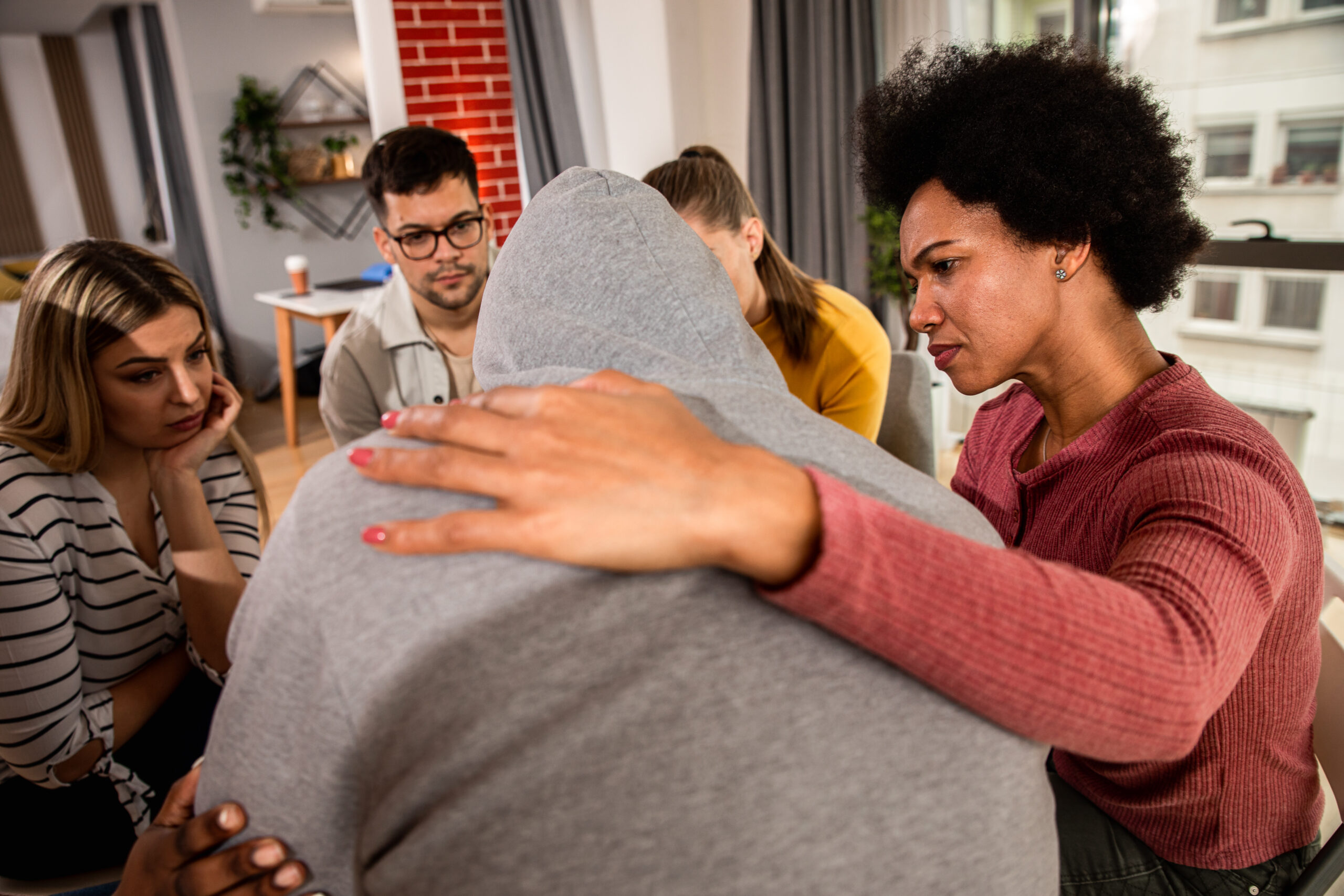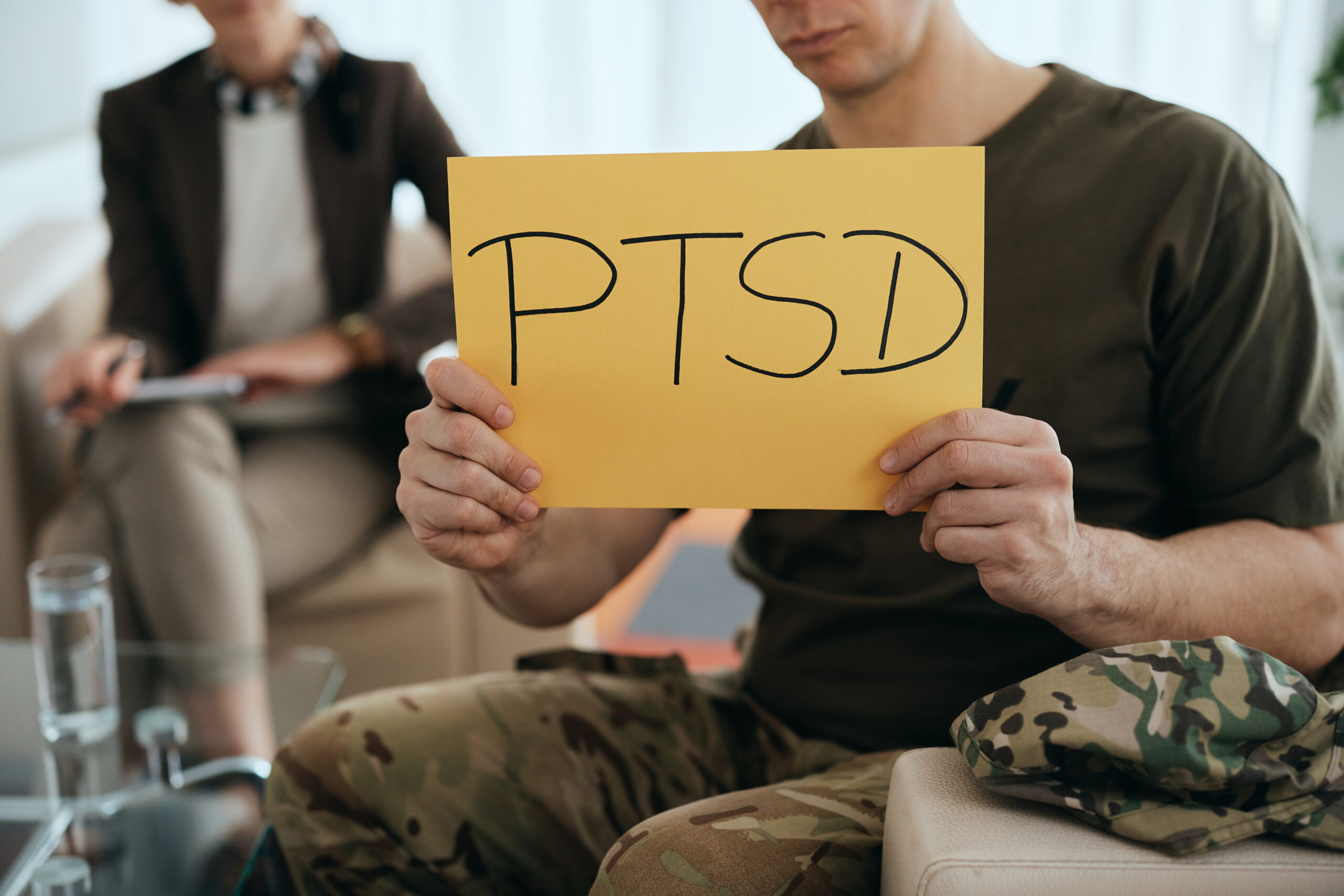If you are experiencing post-traumatic stress disorder (PTSD), you might feel uneasy about certain memories…

Ten Self-help Tips for Coping in the Aftermath of Mass Violence Incidents
When a mass violence incident (MVI) takes place, it inflicts devastating and harmful effects on various individuals and groups, such as victims (including those physically or psychologically affected, and their families), witnesses, first responders, media personnel, community leaders, and residents of the affected area. With the rise in frequency of MVIs in the United States, there is a common national experience of grief, anguish, and frustration stemming from the recurring occurrences of mass violence.
Encountering traumatic incidents can have a lasting adverse impact on certain individuals. Motor vehicle incidents (MVIs) can trigger traumatic memories for many who have faced mass violence, criminal victimization, racial, ethnic, religious, and/or anti-LGBTQI violence, or other distressing life events.
In simple terms, a trauma cue is a trigger that brings back memories of a past traumatic event. Certain elements of violent incidents (MVIs) can act as trauma cues, whether one witnessed them firsthand or through widespread media coverage. Encountering these cues can increase distress and hinder recovery from prior experiences of violent victimization.
This concise “tip sheet” provides practical suggestions to help alleviate the distress caused by MVIs, along with self-help tools that you might find beneficial.
1. Recognize that the emotions and reactions you are experiencing are normal and acceptable, as long as they are not harmful. Experiencing a MVI can trigger a range of emotions like shock, fear, worry, anger, sadness, hopelessness, and confusion. You may also notice physical symptoms like stomachaches, rapid heartbeat, headaches, tremors, and feeling on edge. Remember, whatever you’re going through is valid. Understand that these intense feelings and reactions are temporary. Take proactive steps to address these emotions by considering the following actions.
2. Acknowledge that what you witnessed or experienced could have been scary and unsettling, posing a significant threat to the safety and well-being of those involved – victims, witnesses, first responders, and the community at large. Moreover, incidents driven by hatred can cause heightened distress for community members targeted by hate.
3. Seek Support from a Trusted Companion
Engage in conversations with a reliable friend, family member, or spiritual advisor. They can provide a listening ear, validate your emotions, and offer guidance on processing your feelings. Social support plays a crucial role in aiding you through challenging times. Consider reaching out to victim service professionals in your community for additional support or connections if you feel isolated.
4. Connect with others through text, email, phone, or face-to-face conversations. Simply reaching out and asking, “How are you doing at the moment?” can be beneficial. Keep checking in as frequently as needed.
5. Engage in Practical Actions
When faced with situations beyond our control, directing your focus towards small, practical tasks that are within your control can be beneficial. Whether it’s as simple as taking a shower, organizing essential paperwork, or reaching out to a loved one, tackle each day and each moment step by step.
6. It’s natural to want to stay informed, but try to reduce your TV and social media consumption. Seeing repetitive images of a traumatic event and its aftermath can heighten distress rather than help.
7. Communicating with Children
In today’s world, children are constantly absorbing information from the Internet, news, and conversations with friends. It’s crucial to control their media exposure, as they absorb more than we realize, and it can be overwhelming for them. When discussing sensitive topics, make sure to use language that is suitable for their age and stage of development.
8. Practice and reinforce self-care routines. Following a traumatic event, the natural response is to shift focus away from self-care due to feeling overwhelmed and prioritizing others, like young children. Nevertheless, now more than ever, it’s crucial to prioritize your essential needs and actively engage in self-care. This involves maintaining good sleep habits, daily physical activity, and a balanced diet. Stay active by taking a brisk walk, going for a run, or doing quick calisthenics to help release stress hormones. Incorporating calming practices like deep breathing, meditation, prayer, yoga, or stretching can also provide relief.
9. Avoid Unhealthy Coping Mechanisms like Alcohol and Drug Use
Overindulging in these substances can unintentionally heighten anxiety, disrupt sleep patterns, and hinder the capacity to employ healthy coping mechanisms and care for yourself and others. While some turn to alcohol for sleep assistance, it may disrupt the quality of your rest despite the initial drowsiness it induces.
10. Shift your focus away from challenging emotions you may be facing. Valuable strategies for managing distress can be discovered in the “Managing Distress” section. Additional coping techniques can be explored in the “Coping Tips” tab located on our “Self-Help” page.



